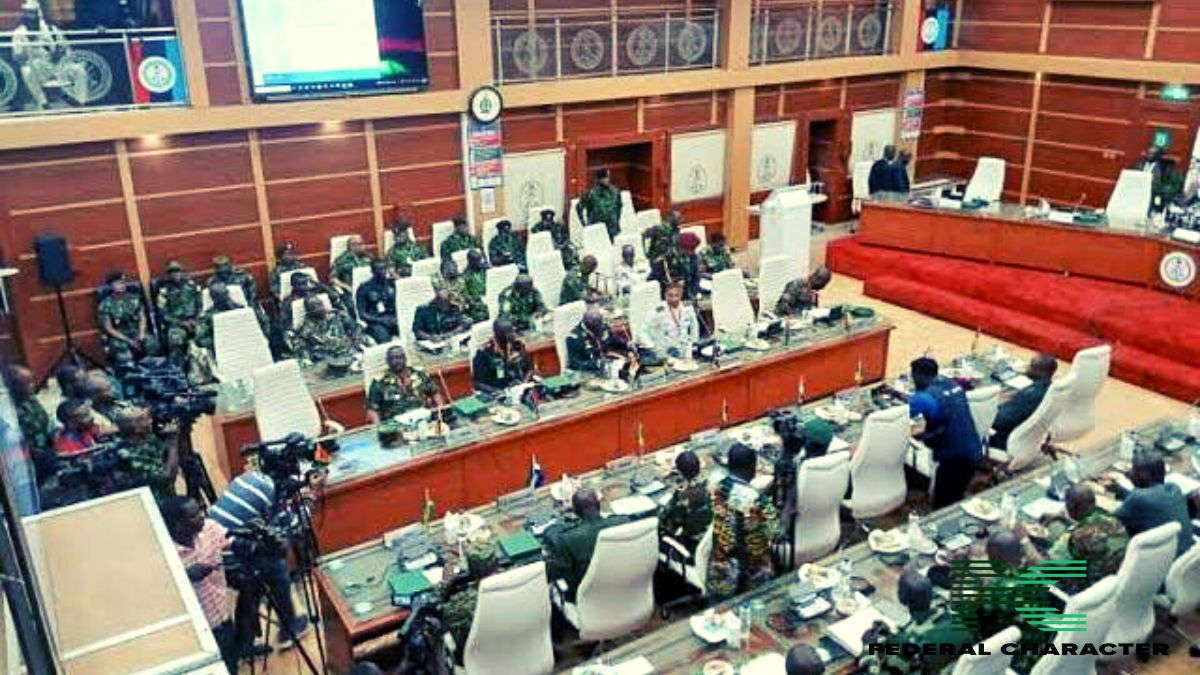Distinguished West African defence chiefs have successfully concluded a momentous two-day meeting in the Nigerian capital, Abuja, focusing on the recent coup in Niger. During these talks, they have vowed to convey a resolute message expressing their unwavering intolerance for any unconstitutional takeovers.
The Economic Community of West African States (ECOWAS) has undertaken a series of assertive measures, including imposing sanctions, threatening military intervention, and making diplomatic efforts, all aimed at reinstating President Mohamed Bazoum to power.
While the details of the defense chiefs’ meeting’s outcome remain yet to be disclosed, it is essential to note that ECOWAS has adopted its strongest stance to date by issuing a deadline – Sunday – for the coup leaders to reinstate President Bazoum, or face the authorization of force. This stance comes as a response to a worrisome trend of military takeovers across the region.
In response, the junta in Niger has shown defiance, vowing not to yield to external pressure. The junta’s leader, Abdourahamane Tiani, emphasized their rejection of sanctions and warnings from ECOWAS, adamantly stating their refusal to bow to any threats or external interference in Niger’s internal affairs.
The escalating turmoil has led some European nations to evacuate their citizens from Niger by plane, and the United States has also ordered the evacuation of some staff and families from its embassy, while maintaining its mission in operation.
ECOWAS has been grappling with a concerning democratic regression in West Africa and has committed to putting an end to any tolerance for coups following incidents in member states Mali, Burkina Faso, Guinea, and Guinea-Bissau over the past two years.
Already, the impact of the imposed sanctions is becoming evident, as Nigeria has cut power supplies to Niger, and Nigerien truckers are stranded due to border closures.
The coup in Niger is drawing international attention, especially from Western countries that view Niger as an essential ally in the fight against Islamist insurgents. Foreign powers fear that the coup could lead to gains for the militants. Additionally, Niger’s position as the world’s seventh-largest uranium producer has heightened concerns, given the metal’s significance in nuclear energy and cancer treatment.
Despite the challenges, the U.S. Secretary of State Antony Blinken reassured President Bazoum in a recent phone call of the United States’ commitment to the restoration of his elected government.
The situation in Niger remains fluid, and it continues to be a critical concern for regional stability and international relations. As events unfold, ECOWAS and the international community are closely monitoring developments to restore democratic governance in the country.














